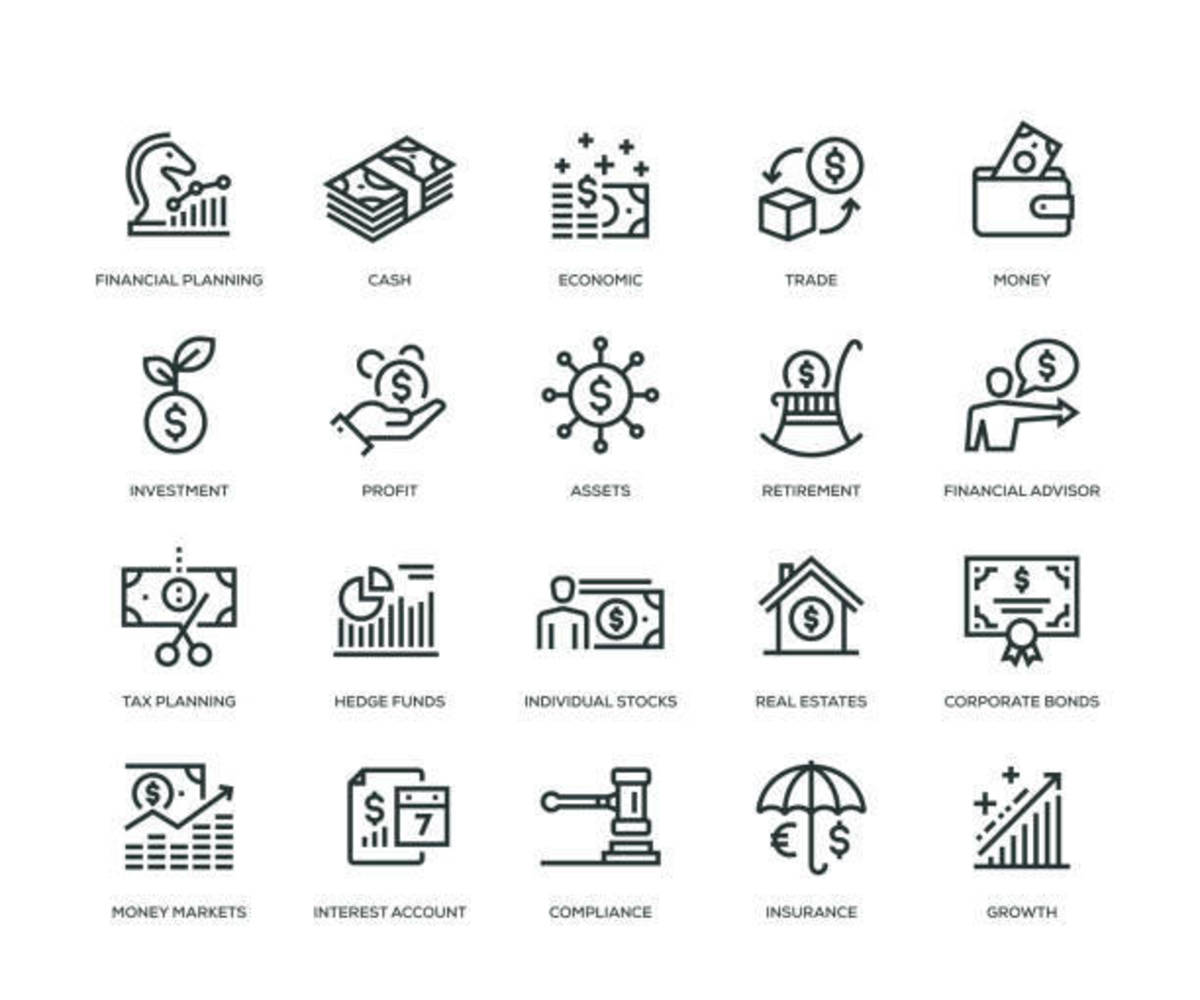Top 3 Ways To Ding Your Credit Score…And What Do To About It...

What's a good credit score? Typically, any score above 720 is considered pretty good. Furthermore, consumers who manage to attain such a feat are, indeed, showered with the best offers, including prime credit cards, auto loan perks and great rates on home mortgages. With so much money at stake (through overall interest rate savings, of course), it’s no wonder why many consumers of great credit scores strive hard to maintain their elite score status. Nonetheless, accidents can happen: a ding here, a ding there and all of a sudden you find yourself at the mercy of FICO’s unforgiving scoring system. Curious about what can potentially destroy your score? The list below highlights three ways you can really mess up a great credit score, and how you can quickly remedy it:


Ding#3: Registering a Late Payment Mark for the First Time
According to FICO, paying your bills on time is considered, by far, the main tenet of a high credit score, and thus represents approximately 30% of FICO’s scoring model. With so much on the line, registering a late mark on your credit report, though menial on the surface, can indeed be a “big deal.” If your credit has been dinged because of a 30, 60, or even, 90 day late mark, the first thing you don’t want to do is panic. There are options available! The next thing you’ll certainly want to do is pull all three credit reports to examine the extent of damage. If it’s just a 30 day late mark, chances are you can send in a goodwill letter to the creditor (explaining your ordeal), which should increase your chances of removal. Secondly, if it happens to be a 60 or 90 day late, a goodwill letter becomes less of an option, and thus leaves you with very few alternatives other than supplementing your credit report with other positive attributes—i.e., paying down your balances to lower your utilization. In fact, utilization makes up as much of FICO’s scoring model as “paying your bills on time,” and thus could be used by consumers in your situation to offset the negative effects of a late payment mark.


Ding#2: Getting Your First Collection Account
What’s a collection account? If for some unknown reason, you choose to stop paying on an account, or perhaps, inadvertently forget to pay on some account or debt, the creditor then may decide to sell your account to a third party debt collector or collection agency. The process of selling a delinquent account to another company is what constitutes a collection account. The critical thing to remember here is that FICO’s scoring system don’t care if the debt’s worth $20 or if it’s valued at $2000, a collection account of any amount of value is a serious ding on your credit score and thus causes an irrevocable declivity towards subpar score status. If you find this collection account to be in error, you may want to invoke your rights under the Fair Debt Collection Practices Act (FDCPA). The FDCPA affords the average consumer the right to have a collection account validated, which in the realms of credit disputing can be quite profound.



Ding#1: Dealing with a Dreaded Charge-Off Account
What’s a charge-off account? A charge-off account is the declaration by a creditor (usually a credit card company) that a certain amount of debt is unlikely to be collected. Perhaps you were just laid off—or even worse, it could be that you suddenly fell ill, which then caused you to neglect your financial obligations? For whatever may be the case, whenever a consumer becomes severely delinquent (a six month period, mainly) on his or her consumer credit account, the creditor may then declare the debt to be charged off—or written as a loss on company balance sheets. Although a very serious ding to someone with stellar credit, a charge-off can be remedied like any other negative mark. Are you aware that you can dispute any item on your report that you feel is in error? In this same vein, if you feel the charge-off is in error, you can simply dispute it as “not having any knowledge of account.” What’s to lose? Odds are they’re just verify the debt. Still yet, there have been many cases where charge-offs have mysteriously fallen off credit reports—consider it a kind of gift from your credit guardian angel. Realistically, a charge-off is supposed to stay on your credit report for up to seven years; nonetheless, if you can muster up a sizable amount of monies, a more plausible method would be to just settle the debt with the creditor by way of a “pay for delete.”








